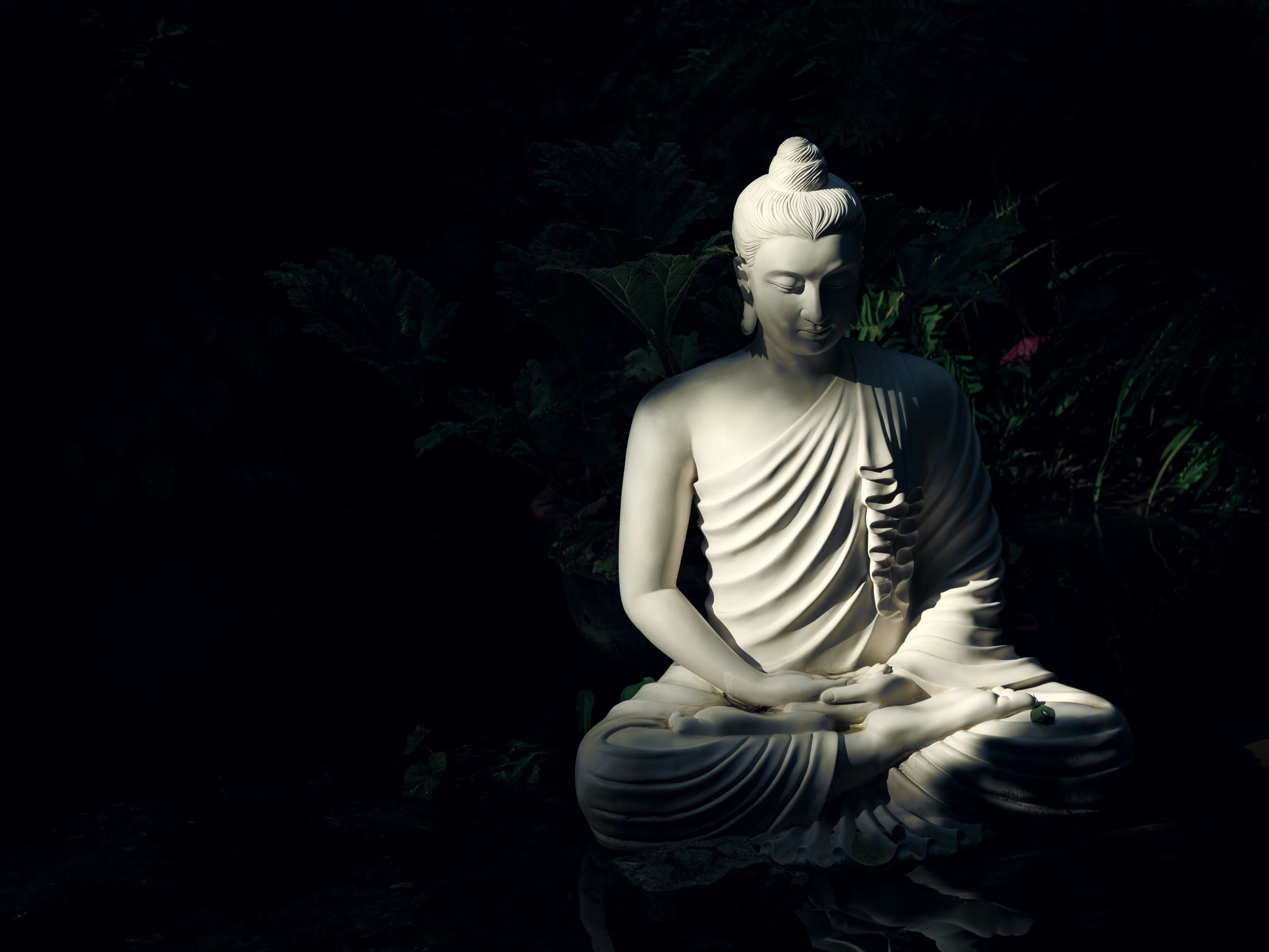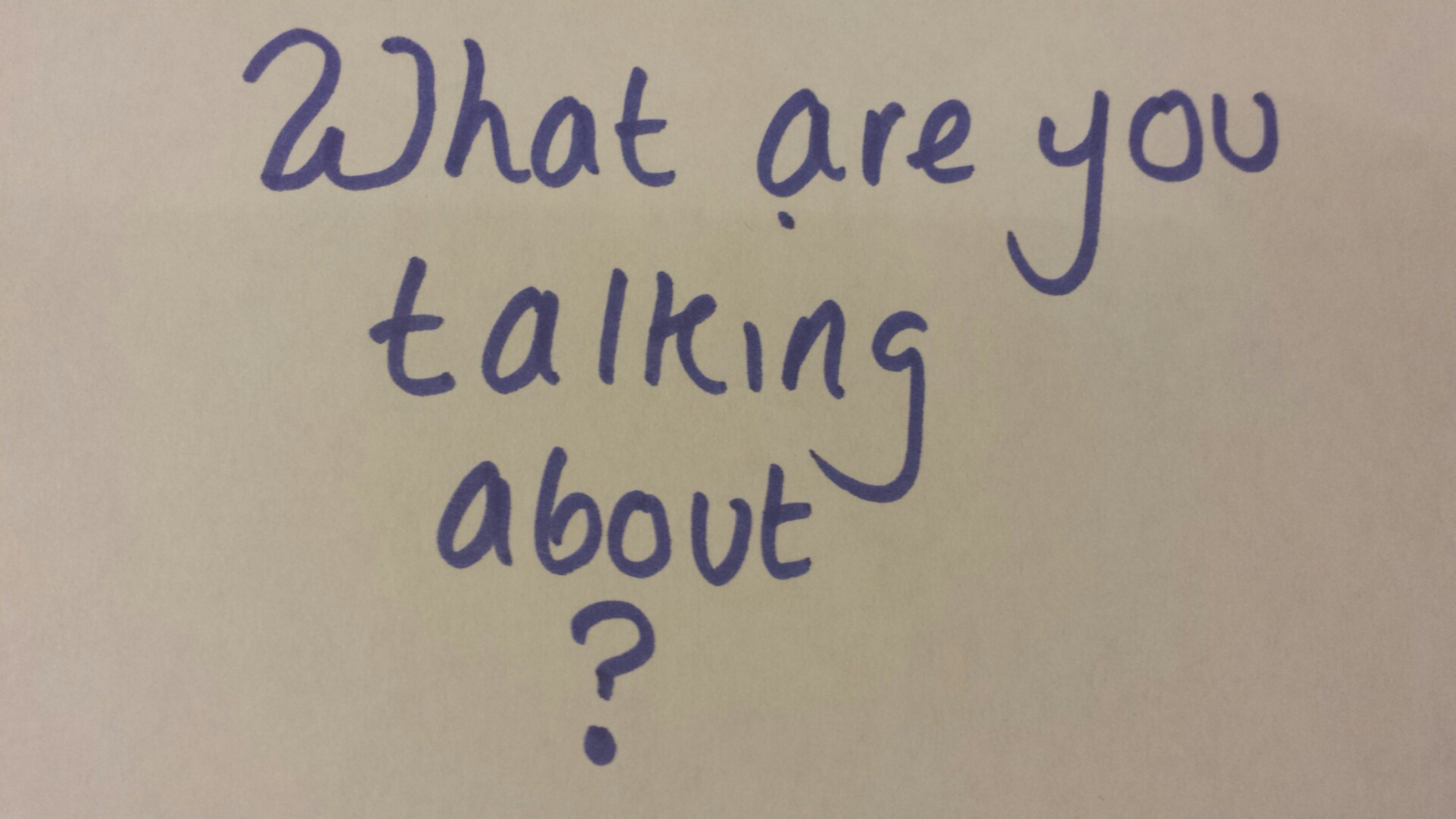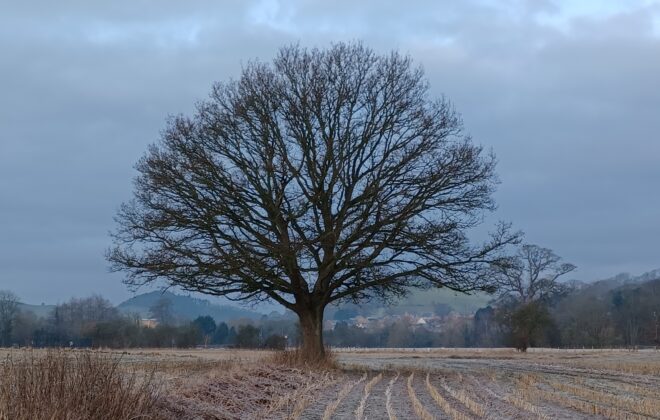SAD
The clocks have gone back and we are at that time of year where it is very possible that we don’t get to see the outside in daylight.
I hate it.
I’ve never been diagnosed but over the years I’m pretty sure that I suffer from SAD or Seasonal Affective Disorder. SAD is when our body doesn’t receive enough sunlight which then means that they hypothalamus can’t produce enough serotonin and melatonin which are the happy chemicals in the our brain.
I think there is an inherited aspect to it as my dad and sister also get it. We put it down to being part Italian. There is some research to show that SAD is inherited but whether than it down to biology or just I learned expectation of sunlight, I don’t know.
Some people get full blown depression in the winter. I just feel really low in energy, I don’t want to go out and see people as much and I feel caged, like an animal who needs to get out but can’t. I become very irritable.
I can feel it’s started already. If I have a long working day and I haven’t been outside I feel deprived, as if something crucial has been missing from my day.
- Do you notice a change in energy as the nights draw in?
Louv would argue it has. He wrote a book called ‘Last Child in the Woods’ and stated that our children are suffering from Nature Deficit Disorder. Louv claims that lack of contact with nature leads to not just obesity but depression, lack of concentration, and increased stress.
In the winter we watch more screens, mainly films and YouTube clips in a way that we just don’t in the summer. As soon as the clocks go forward in the summer I ban screens and kick the kids outside, I follow.
Over the years of coaching kids I have seen a pattern. The kids who play on screens all night can’t get to sleep. This is because the white light in the screen tricks the brain into thinking it’s still daylight. So when they say to me: ‘I can’t sleep so I play games/message/watch..’ we talk about bed time routines and turning the screens off 1 hour before bed.
- How much screen time do you have in your house?
- When do you use screens?
- How well do you sleep?
- Is there anything you would want to change about how and when you and your family engage with screens?
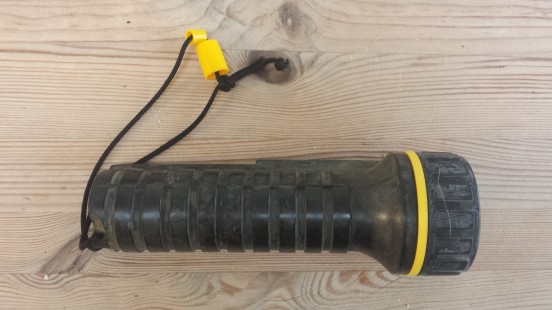
As kids, the worst we could do was read by torch light under the cover, but torch light in our day was yellow (no LED back then) and so didn’t unduly interfere with sleeping (although a good book could!).
I don’t think it’s that our bodies get this wrong, I think it’s our society that makes us work against out bodies.
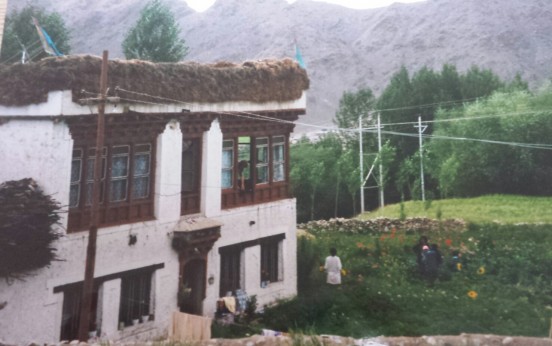
I spent 5 weeks one summer in Ladakh which is on the Indo-China border in the Himalayas. At that time you could only reach Ladakh for 3 months of the year because the rest of the year it was snowed in.
I lived with a family while we were there and they explained some of the things they did to prepare for their long winters.
By summer they would collect cow pats (see roof in photo above) and put them on the walls to dry and in the winter this would become fuel. They would grow crops and gather them into their cellars which acted as freezers so they had enough food. Yak’s are hardy and their milk is very fatty. Yak butter tea is the perfect drink for cold winter days and nights.
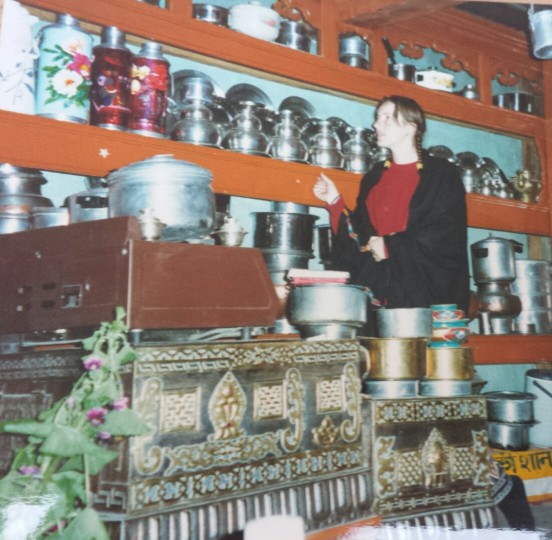
When winter was around them, they would gather around their fire with the family and sing, tell stories and weave. In the summer when we were there, the kids would be out playing, jumping across the irrigation streams, chasing through the meadows and flying kites.

If left to my own devices, my body would make that adjustment too. I eat more chocolate and the very thought of lettuce or salad make me shiver; it’s stews and soups and hot chocolate all the way in the winter. In the sun all I want is water and fruit.
My habits change too. I switch from white wine to red, showers to long hot baths. I want to read and write more in the winter and in the summer I want to walk, swim and be active outside.
- Do you notice any seasonal changes of habit? Eating? Activity?
I want to sleep more in the winter. I hate getting up when it’s dark and so do the kids. I end up wanting to be in bed about 9 in mid-winter whereas in the summer it’s gone 11. But then that makes sense doesn’t it? My body get wants to sleep an hour or two after dark which is a great adaptation. In the summer I’m more full of energy and then in the winter it make sense to go to bed, to avoid the cold and conserve energy.
Instead we get up by the alarm clock and we go to sleep after whatever it is we are watching on the TV. No wonder more of us eat more in the winter, we’re trying to fuel an engine that wants to rest.
So I don’t think it’s our bodies that get sick, it’s our modern world that is unhealthy.
In the winter we need to get up when it’s light and then be outside whilst it’s light for at least an hour or so to get the daylight our hypothalamus needs and the exercise our body needs. Our working day would need to be shorter to allow for this. Then, as the dark draws in, we need to be gathering round the fire, without screens, playing cards, making, talking, reading in readiness for an early night. If we could do this our bodies would be healthier, our social skills and relationships would be better and we would sleep more easily.
In the summer we could work for longer as there would still be enough time to be outside and active after and before work. This is the time to connect with the wider community, to be out playing, swimming, walking, talking and doing. If we were doing this our diet would adjust to summer foods, we would sleep later and possibly less, but well as we would have been active and outside.
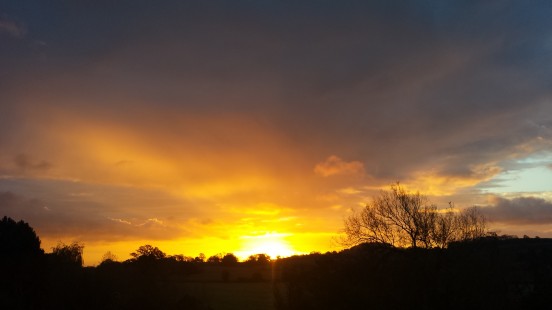
Before you argue that the economy could never function, I would ask you to consider how many sick days are taken in the winter compared to the summer…don’t we already lose working hours through illness? People come into work with colds and bugs and spread them. People get depressed and stressed and so take time off work more in the winter.
As well as days lost to illness, stress and depression, consider the effect that this has on our health care system. Having seasonally adjusted working and school hours might cost more up front but long term the savings in working hours and health care would be considerable.
Also, are we really going to let the economy be the dictator for how we live? I know the reality is for most of us that the economy does rule our lives..it shouldn’t so let’s think about how to subvert it this winter.
Instead of taking summer holidays, take winter holidays to get the sunshine and outside time you need and which you can get here in the summer after a working day
Make sure you don’t stay late in the winter, get out whilst there is day light
Get out and walk either before work or before the commute home or at lunch time. Not only will you feel better, you will think better and stay fitter.
Avoid screens they keep you artificially awake and then tired the next morning. Find other things to do as a family.
If there is the possibility of flexible working, take it. You could finish early to get outside or arrive late and then take reading home to do at night by the fire.
- How could you work with your body this winter rather than forcing it to fit into an economic system it wasn’t designed for?
Where we can’t subvert, let’s accept and make changes.
If, like me you are less sociable in the winter, then honour that and don’t fill your diary with social engagements. If you get more tired, go to bed earlier. If you feel you want to eat more, invest in a slow cooker so the food you are eating is healthy. Use seasonal veg and produce as this is what your body needs. Make sure you are outside as often as you can be, walk to the shop rather than taking the car.
- What does your body need as the nights draw in?
- How can you get it?
I would like to suggest that we change SAD to Societal Adjustment Dynamic.
When we say SAD is seasonal adjustment disorder – we pathologise it and make it ‘your fault’, your disorder. I don’t think it is your fault, I think it’s the world we live in (or at least the interaction between you and the world).
When we call it Societal Adjustment Dynamic then there is an interplay between the personal and the societal. ‘Dynamic’ allows and change and adjustment on both sides; the individual and the societal (eg work, schools).
We as individuals have to adjust to the winter and we need to be dynamic about how we do it by making changes to how we live and seeing if they make a difference. However, I would strongly argue that it is also incumbent on society to adjust dynamically to the needs to the people who make up that society.
I didn’t mean this to be a political rant…but on this occasion, we really do need to consider how we as individuals can work in and around the institutions we engage with so that we are healthy and well all year round.
Snuggle up and look after yourself.
Julie
If you enjoyed reading this please share it with friends. You might also be interested in talking to me about coaching , or maybe try some of my online courses (some are free), or treat yourself to a climate protecting pamper with vegan friendly, organic Tropic which supports the planting of forests and education in deprived areas.
Thanks for being here.
Julie
Sign up for more ideas to help you love being you
Your details are safe, check out my privacy policy here. I do not share any of your details and you can unsubscribe at any time
Tags In
Related Posts
Categories
- Be Here Now (110)
- Education (40)
- Endings (58)
- environment (96)
- Inspiration (111)
- Podcasts and videos (49)
- Psychology and Emotions (147)
- Relationships and Family (150)
- Spirituality (70)
- stories and poems (95)
- Thinking Differently (186)
- Uncategorized (8)
- Well-being (106)
- Women (80)
- Work (42)

